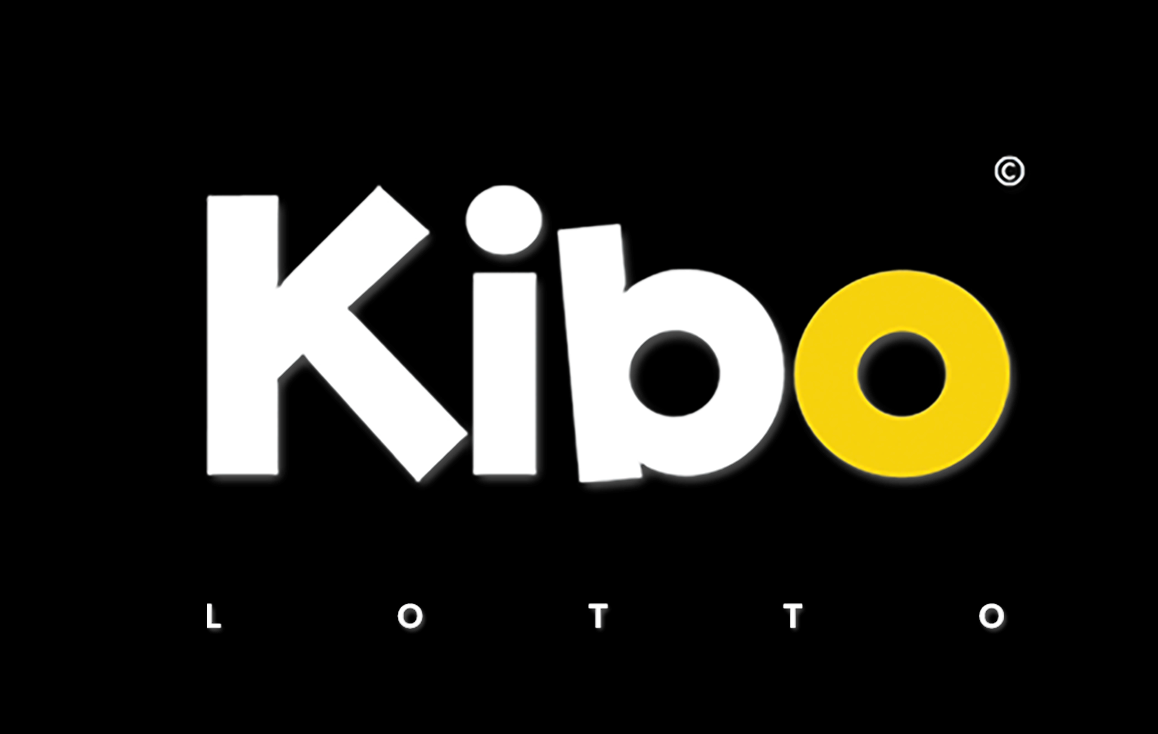Kibbo Lotto, an international decentralized Lotto powered by Blockchain and Ethereum smart contracts, is repaying the faith to their investors by launching a $13 mln distribution plan. Over 4500 partners had already received distribution money and it’s still on.
Disclosure: This is a Sponsored Article
While still in full development, Kibbo states that they are in a position where they make this payment to investors and not jeopardize the continued process. It comes because of the personal consideration of the team from the Kibo’s marketing fund.
Distributed funds
Kibo are looking to be first in ICOs to distribute funds to their partners, including Kibo Platform owners, with their plan to distribute $13 mln between holders of tokens and platforms.
Kivo will be making it worthwhile too as they plan to distribute in an amount of investments in US dollars at the time of the ICO with an additional double-rate charge.
“For example, this means that if you spent $500 to purchase tokens or platform, then, according to the distribution plan, you will be credited with $1,000,” a statement read on their site.
“The distribution plan does not in any way affect the further development of Kibo. As we already mentioned earlier, large team is working on the project, and in the coming months we will publish a lot of news.”
For their token distribution, in order to keep up with the surging ETH price, Kibo have decided to fix the rate for distribution.
A new solution
Additionally, the issues of scalability are nothing new, and will continue to cause problems with the huge influx of users and innovators, but this is something Kibo is looking to tackle head on as their team has designed a new solution that in preliminary tests allowed to significantly reduce gas costs of Kibo contracts, which can become a solution that will allow the platform to launch in the current network conditions and accept the first users.
The hope is that while the scalability issue continues on the Ethereum chain, Kibo’s proactive approach could see them complete their code refactoring by the end of this year, or early next.
The results of this work would lead them to seek to launch the first version of Kibo, which will be able to accept a limited number of users, in the first quarter of 2018.
Kibo are at least trying to make a plan with the limitations that they face, but they also make note that a full global launch is still a while away as they will need the network’s issues to be solved organically.

